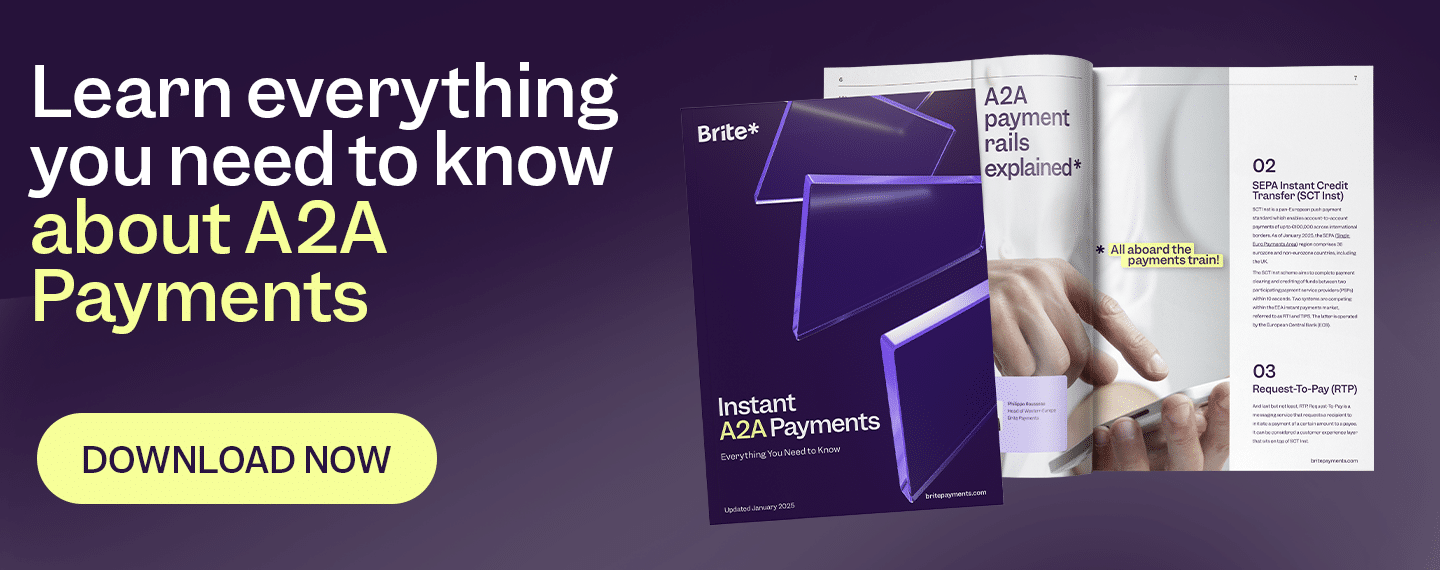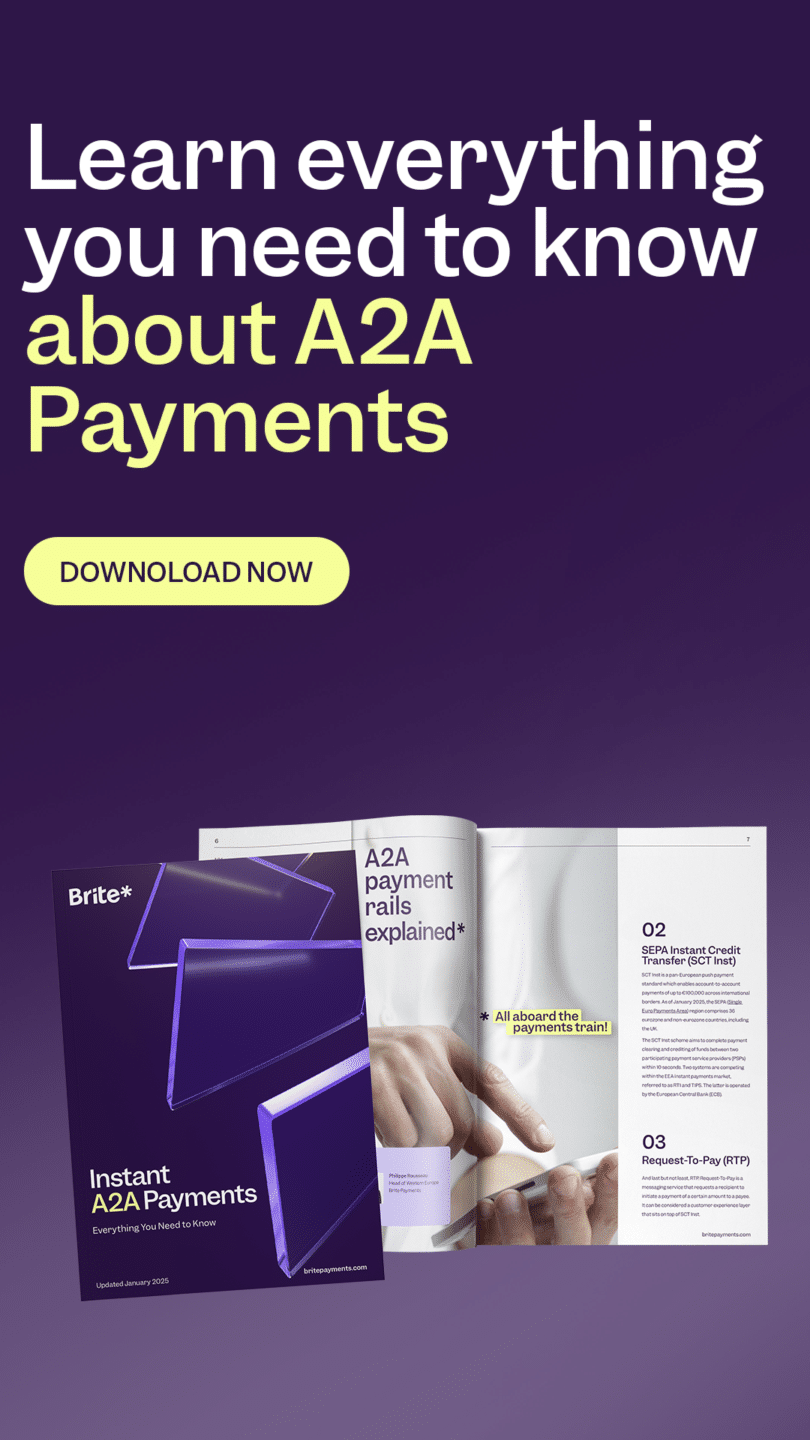Significantly reducing credit card merchant fees is becoming increasingly critical. Indeed, it’s fair to say that the rise of e-commerce and online transactions is rapidly changing how customers pay. Today, customers rely on various payment methods to pay for the goods and services they need, a far cry from the first emergence of e-commerce all those years ago.
Sadly, this cultural shift has had the knock-on effect of making e-commerce merchants increasingly reliant on unscrupulous providers to facilitate the many payment options their customers are clamouring for.
Indeed, in some cases, payment providers have begun actively taking advantage of merchants, charging high transaction fees, providing limited customer service, freezing accounts, or restricting chargebacks or suspected fraud – all of which can eat into merchants’ hard-fought profits.
In some cases, monopolising the payment processing sector has led some providers to engage in price gouging and overcharging merchants for the sake of extra profits. According to a recent report by the British Retail Consortium, the total amount paid by retailers to banks and card schemes rose by over 25% in 2024, at an extra cost of £380 million!
So, are there alternatives for merchants who want to circumvent these extra costs? This article explores how merchants can reduce their card transaction fees and safeguard their profits. It also explains how account-to-account payments and Pay by Bank could be the best payment option for businesses. Read on to learn more…
Disadvantages of card payments
Today, e-commerce card-based transactions often come loaded with costly transaction fees for merchants, which can significantly eat into their profits.
Some common card fees include:
- Gateway fees: When merchants use third-party payment processors, these organisations often charge a fee to safely encrypt and transmit customer payment details to their relevant payment network.
- Terminal charges: These are fees associated with chip-and-pin machines or other associated devices that process card payments.
- Merchant Service Charge (MSC): These are fees that merchants pay to process electronic payments, which vary depending on the card or payment method used.
- Authorisation fees: Fees from payment processors and banks that confirm whether an electronic payment has been accepted or declined.
- PCI Compliance Fees: These are fees charged by payment processors that ensure merchants are compliant with the Payment Card Industry Data Security Standard, and other legislation.
At a time when overhead costs are higher than ever due to the ongoing cost-of-living crisis, businesses have been forced to achieve more with fewer resources.
Similarly, the fees can also impact customers’ spending habits, as they may be disincentivised from making larger purchases because of the hidden fees that they are forced to contend with.
That said, there are a few tactics out there that can help merchants avoid these issues.
3 Ways to lower credit card merchant fees
1. Negotiate with credit card processors
The first thing to remember is this: credit card processors don’t want to lose the business they will receive from merchants whose customers rely on them. Card processors will want to encourage an open and equitable relationship that benefits both parties. They won’t want merchants to jump ship and opt only for alternatives to credit cards.
With this in mind, and assuming that their business is booming, merchants should have a frank discussion about the fees they are being charged and negotiate to get a fairer price. You can convince your processor to reduce your rates if you conduct more transactions each month.
2. Address verification services
Merchants can also use address verification services to reduce costly credit card fees. These services involve third parties integrated into the credit card payment journey. These third parties verify cardholders’ billing information with issuers and then reward merchants using these systems by charging them lower interchange rates.
3. Stay alert to new and better regulations
Some markets are more regulated to prevent merchants from being exploited by credit card processors. Moving to target customers in these areas or switching a business to be registered in these places is another method that can help merchants reduce their fees.
For example, merchants operating in the United States are currently subject to far more fees from credit card processors than their European counterparts, thanks to the European Union’s Interchange Cap.
The EU’s antitrust legislation sets interchange fees for consumer debit cards to 0.2 % and consumer credit cards to 0.3 %, meaning merchants operating there keep significantly more profits than Americans. However, even in the EU, the numerous regulations governing these fees can be overwhelmingly complex, and moving an e-commerce business to a whole new country isn’t always a practical option for merchants.
Embracing A2A Payments and Open Banking as an alternative
With all of the above in mind, payments that use open banking infrastructure can be viewed as a far more viable alternative for merchants who want to lower the processing fees set by card networks.
What Makes Instant A2A Payments Different
Open banking and instant A2A payments are currently the best and most innovative forms of payment technology available to consumers and merchants alike. We’ve previously addressed the fact that they can grant merchants the infrastructure needed to provide customers with secure, real-time payments that completely bypass traditional card networks and digital wallets (such as PayPal), which either rely upon intermediaries for each step in the payment journey, dragging out the process or unhelpfully keep escalating fees.
On the other hand, instant A2A payments powered by Open Banking can either occur directly or via API networks, reducing the burden placed on e-commerce merchants.
A2A payments are facilitated through a regulated infrastructure that allows banks, payment providers, and consumers to communicate directly and securely via APIs. This secure system also means these payments are extremely secure, protecting merchants from fraud or cashback, which often burden credit card payments.
Creating a payments safety net
Pay by Bank and A2A payments also have the advantage of forming a valuable safety net for merchants who might be wholly reliant on card providers.
In the event of an outage or a technical failure, merchants who exclusively offer only card-based transactions will be unable to process card payments. This, in turn, will cause significant financial losses to the brand in question unless they have access to a suitable backup.
Open Banking-powered A2A payments can act as this backup, minimising lost revenue in the event of an unforeseeable breakdown on the processor’s side.
Improving the customer experience (CX) for payments
Switching to Open Banking-powered solutions also improves the customer experience. It offers consumers fast and seamless instant payments without the redundant processes associated with credit card payments. However, merchants should not attempt to completely replace all of their card payments with A2A, as this might alienate customers who prefer to rely on cards.
Instead, merchants should see it as just one more string in their bow. By integrating A2A payments, or, as it is sometimes displayed, Pay by Bank, into their checkouts and offering them as a payment option, they’ll also be able to cater to a wider range of payment tastes and, therefore, to a wider spectrum of customers.
Conclusion: Eliminate credit card merchant fees with A2A Payments
Here at Brite, we’ve made it our purpose to share our unique insights on new e-commerce trends and emerging innovations in the digital payment space.
So, if you’re a high-ticket merchant looking for help and guidance on integrating instant A2A payments into your existing checkout or for guidance in lessening the financial impact of those tricky hidden fees, get in touch with Brite’s payment experts to learn how today.





